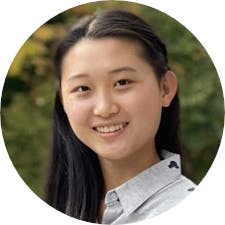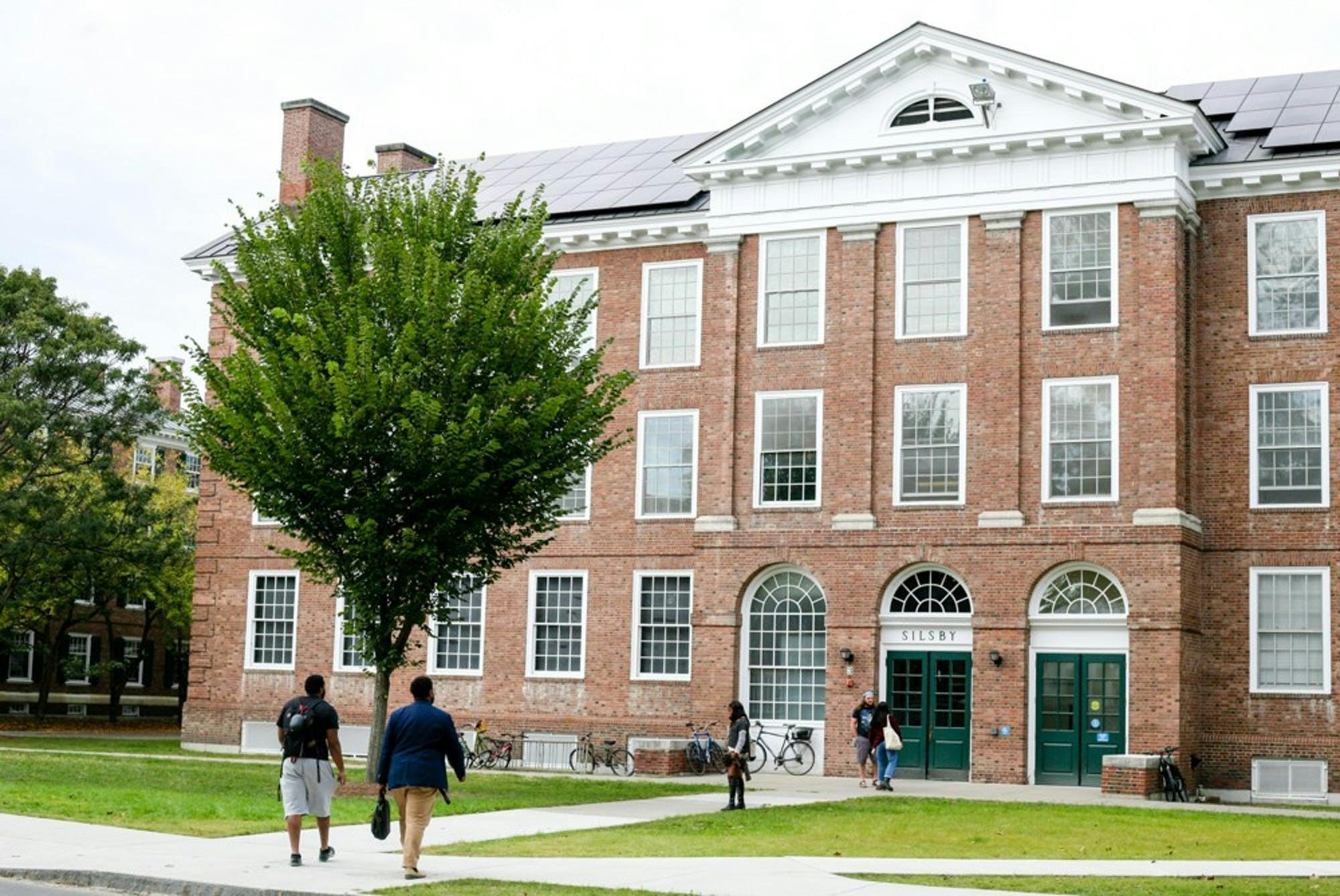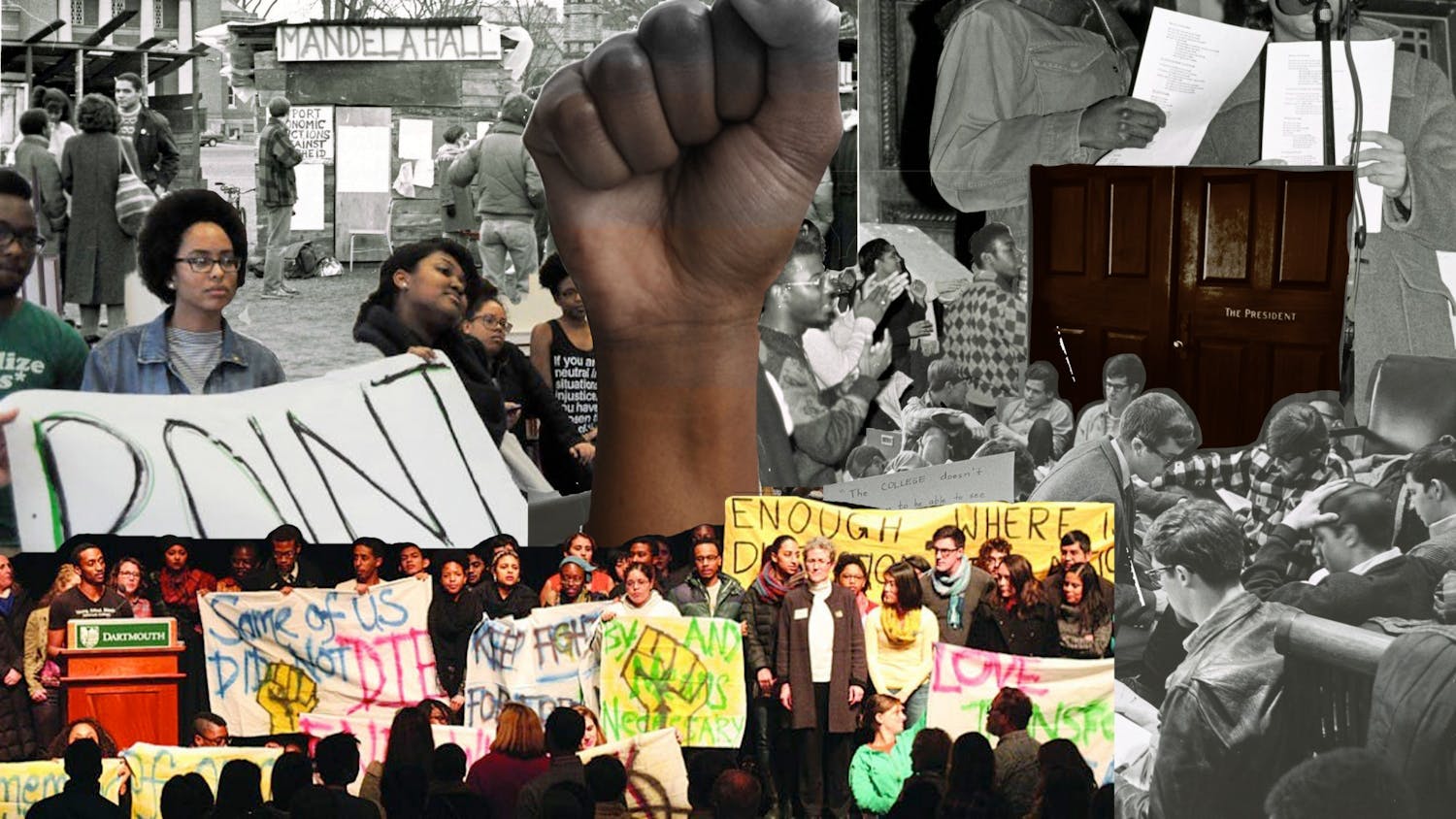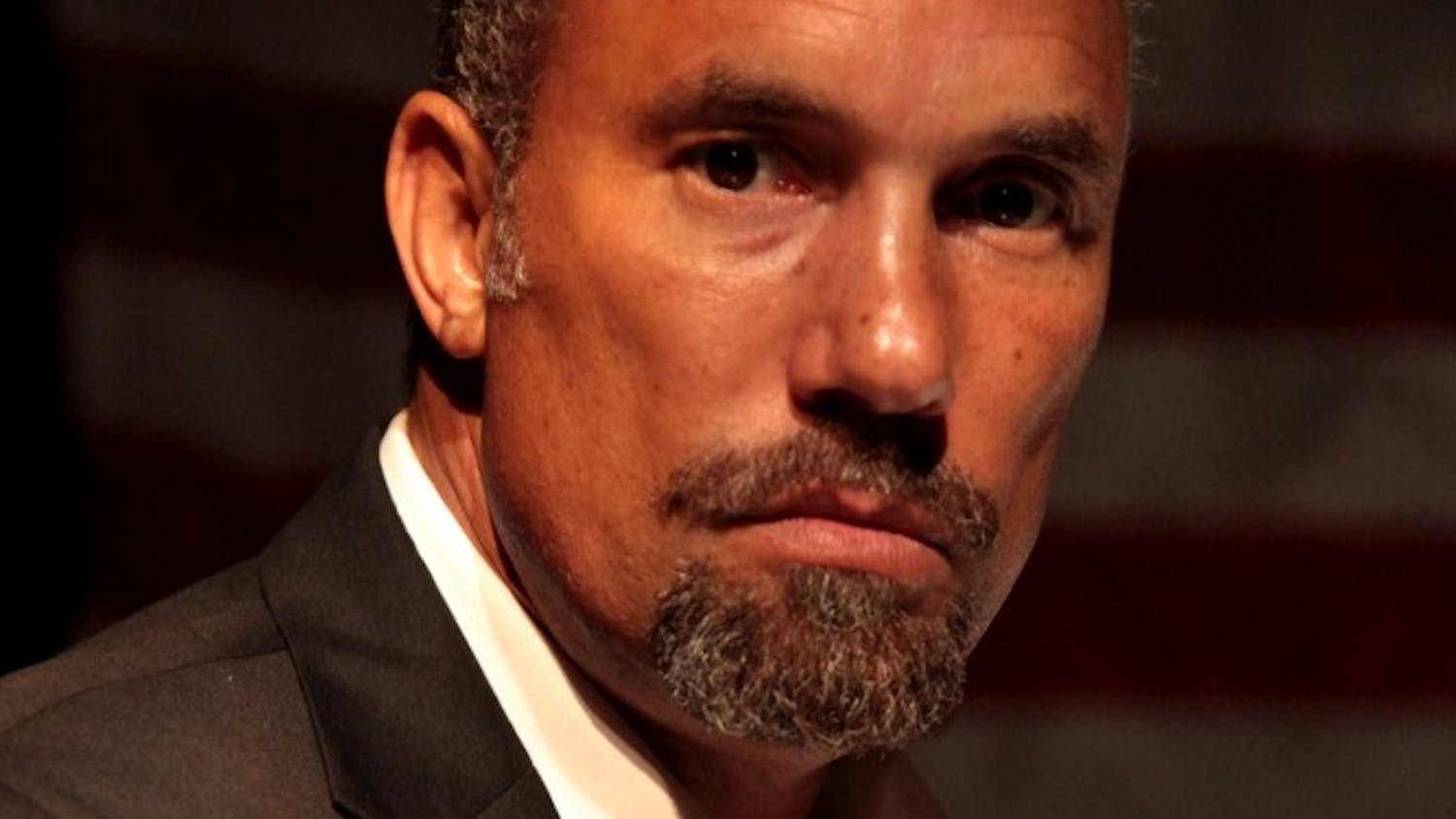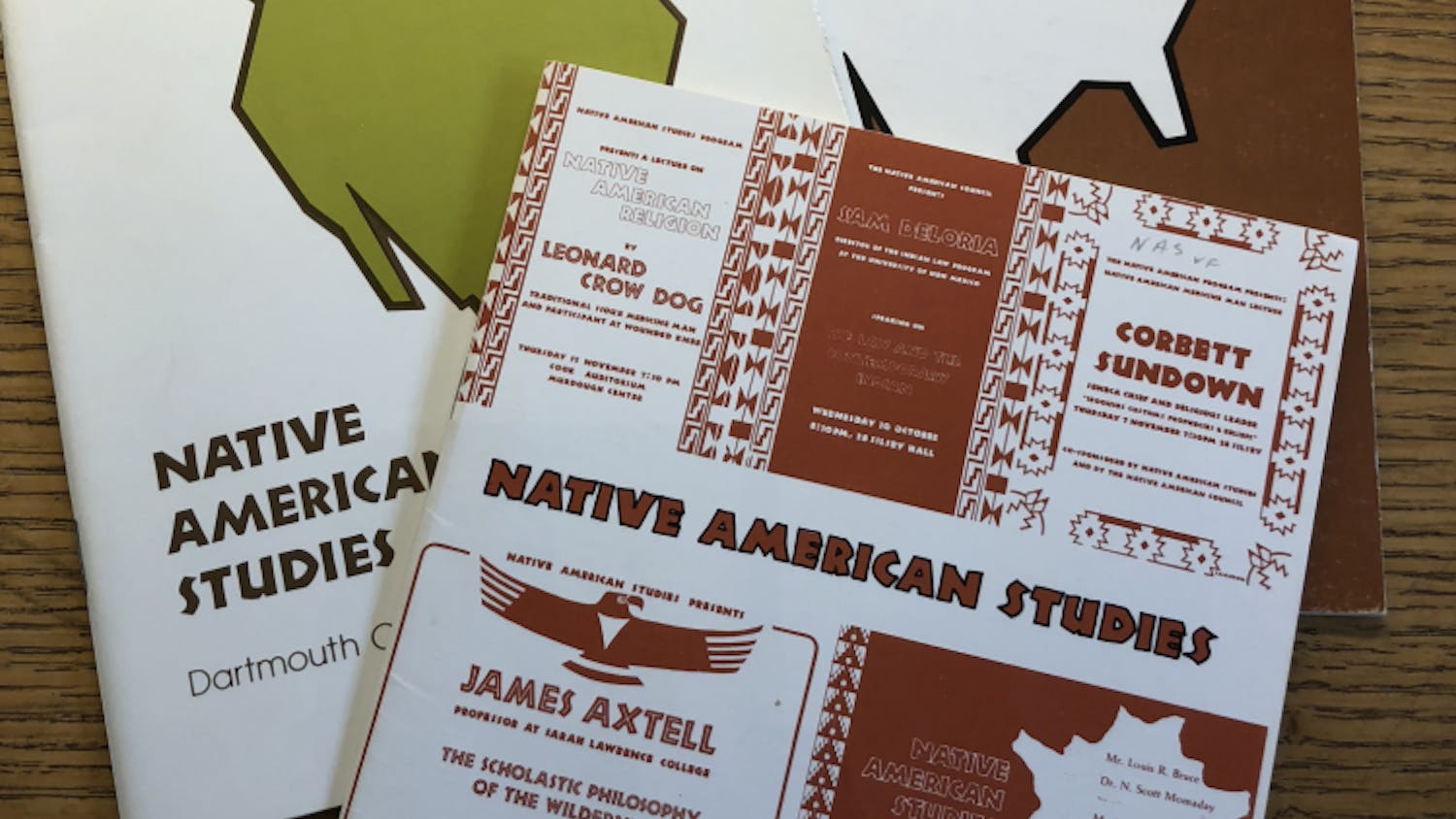On April 3, the economics department hosted the inaugural Dartmouth Undergraduate Economics Research Conference — an online event that featured student presenters, alumni speakers and a keynote speech from Rutgers University economics professor and former U.S. Department of Labor chief economist Bill Rodgers ’86. The conference, which attracted roughly 40 attendees, was intended to showcase the breadth of economics research done by Dartmouth undergraduates and to spark interest in economics research among the student body.
Emily Bjorkman ’21, who helped organize the conference, said that the event aimed to promote economic research at Dartmouth while also making the field more accessible to students.
Economics department chair Nina Pavcnik noted that while economics is often associated with finance, the conference aimed to showcase the diversity and wide range of topics covered within the field.
“I think what’s really nice about this program is that it really illustrates the breadth of interest that students in economics at Dartmouth have, ranging from international economics to development economics to environmental economics to labor and public economics,” Pavcnik said. “So I hope students get a better sense of all the interesting social science questions that economists [work] on and [care] about.”
Bjorkman said she first suggested the idea for the conference over winter break during a meeting of Dartmouth Economic Research Scholars — a program that provides mentoring and support for students pursuing economics research — largely because she hoped to practice presenting her research papers. Though Bjorkman didn’t expect her idea to come to fruition, she said that professor Elizabeth Cascio — chair of the DERS program — put her in touch with two faculty advisors, professors Leila Agha and Paul Novosad, who helped to recruit a team of students to plan the conference.
Bjorkman said that last spring, she had applied to economics conferences outside of Dartmouth, all of which were canceled due to the pandemic — so she decided to plan her own for the Dartmouth community instead.
From there, according to Bjorkman, students of the DERS program organized into four teams tasked with various assignments: organizing student presenters, reaching out to alumni, coordinating the keynote speaker and advertising the event.
Bjorkman was in charge of recruiting student presenters for the conference, a job she said was not without its challenges.
“I had a lot of people who were on the fence about presenting because they didn't know whether the work that they’ve done was worth showing off to anyone,” she said. “So it took a little bit of effort on our parts, and also some professors stepping in, to convince people that they've done really great work that’s worthy of celebrating and showing off to the rest of the department.”
At Dartmouth, economics majors are required to take a culminating experience class. In these classes, students conduct research and produce a paper on a topic of their choice which they then present to their peers.
Pavcnik said that the conference allowed students to present their ideas to a broader audience than just their classmates, adding that in doing so students were challenged to consider the “big picture” questions of the research they conducted for their culminating experience class.
Student presenter Gayeong Song ’22, who presented a project on the effects of Taliban violence on immunization rates in Afghanistan and the implications for the COVID-19 vaccines, said that though she was nervous initially, she felt that speaking at the event offered her a chance to strengthen her presentation skills.
“I think it was a really good exercise to make a deliverable that is digestible in 10 minutes to a general audience who may not be familiar with my topic,” Song said.
She added that she enjoyed connecting with other students interested in pursuing economics research.
Attendee Andrew Ahn ’21 said that the conference, and particularly the alumni panel and keynote speech, gave students not yet committed to pursuing a career in economics research an opportunity to learn about short-term and long-term opportunities including graduate school, economics PhD programs and jobs in the field.
“It gives students an idea of what they might be doing in the next year or two if they were to pursue economic research,” Ahn said.
Ultimately, Pavcnik said she hopes that the conference inspires a sense of community among Dartmouth students, faculty and alumni within the field of economics. She also expressed her admiration for the work of the students in organizing the conference.
“I’m just really inspired by the students for creating this new way for students and faculty members and alumni to interact,” she said. “And I hope this is the first of many conferences or events like this.”
